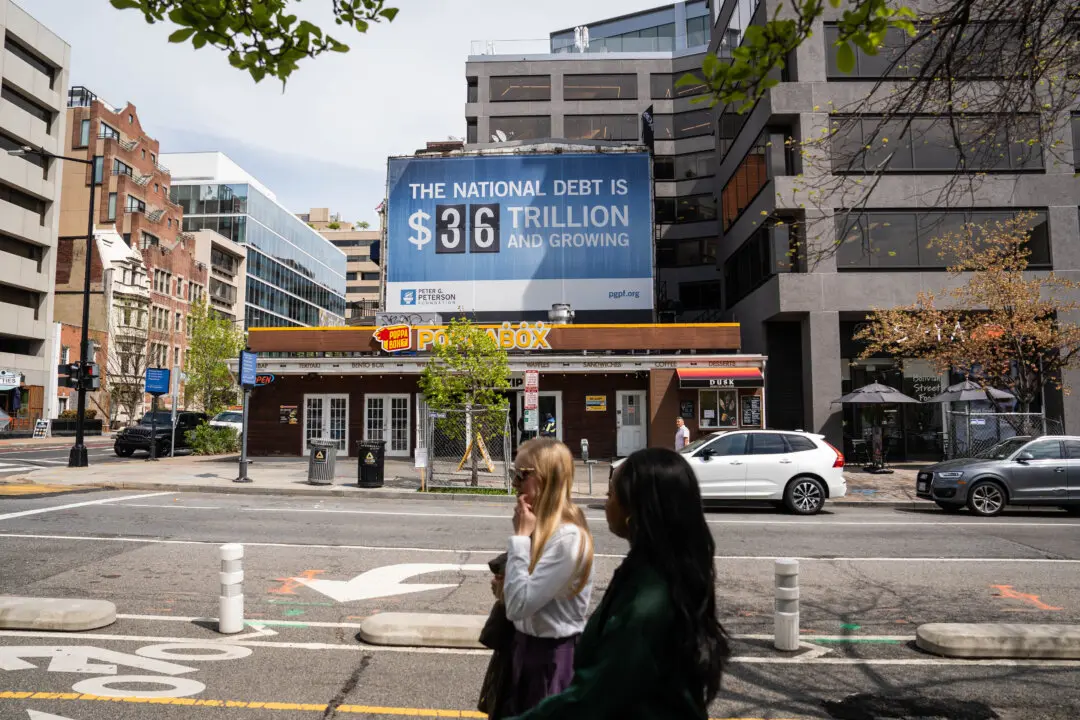Amazon shares slumped more than 4 percent in after-hours trading. While first quarter earnings topped Wall Street estimates, investors were disappointed in the company’s light forward guidance for the current quarter.
The online retail juggernaut generated $155.67 billion in revenue in the first three months of the year, up 9 percent from the same span a year ago. This was slightly better than analysts’ expectations of $155.04 billion.





